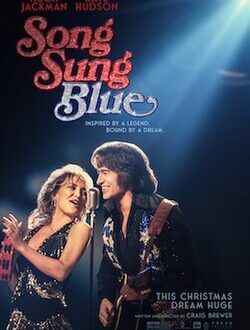Florence Pugh has swiftly established herself as one of the most compelling and magnetic actors of her generation. Born in Oxford in 1996, she emerged from modest beginnings—raised in a household shaped by the arts and by early health struggles—to become a performer whose presence is both commanding and deeply human.
Her breakthrough came in 2016 with Lady Macbeth, where she played a young bride caught in an oppressive marriage, deftly channeling simmering intensity and layered complexity. That performance earned her critical praise and marked her as a remarkable emerging talent. What followed confirmed the promise: in 2019, she delivered unforgettable turns in Midsommar, a disquieting horror that showcased her emotional rawness, and in Little Women, where her portrayal of Amy March earned her an Academy Award nomination for Best Supporting Actress.
Pugh’s career trajectory is notable not just for its star power but for its deliberate breadth. She proved equally at home in blockbuster fare like Black Widow and Thunderbolts as she did in intimate dramas such as The Wonder and We Live in Time, the latter pairing her with Andrew Garfield in a poignant romance. Her work in high-profile films like Oppenheimer, where she portrayed Jean Tatlock, further expanded her range and visibility.
Despite her success, she remains grounded. Pugh has spoken candidly about navigating Hollywood as a young woman, confronting stereotypes and public scrutiny with both wit and grace. She’s known for her humility and warmth—and yes, her quirky charm—whether she’s posting cooking videos for fans or carrying a staple supply of Yorkshire tea wherever she goes.
Whether she’s commanding the court of Dune: Part Two or breaking our hearts in a Sundance-coded indie, her performances feel sourced in lived experience. She moves fluidly between vulnerability and resolve, finding truth in each character’s contradictions. As she continues to take artistic risks, challenge expectations, and defy categorization, she remains a figure in whom audiences not only see a performer—but someone unafraid to speak her own mind.
Florence Pugh is not just acting for today’s screens—she is defining the contours of modern screen performance itself.




